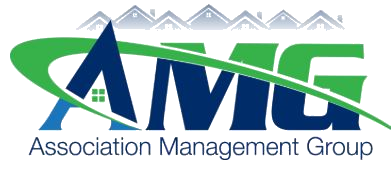6 TIPS FOR HOSTING A NEW YEARS EVE PARTY in an HOA Community
/If you’ve decided to ring in the new year in your home. It is important to be aware of HOA rules concerning parties. Here are some tips to make party planning a little less stressful.
1. Make sure you are aware of all rules concerning hosting gatherings in your community.
Most homeowners are aware of their HOA guidelines for hosting guests. There also may be some regulations with your local city, such as parking near fire hydrants, street lights, blocking sidewalks, etc. It's a good idea to have the details so your party will run smoothly without an incident.
2. Be a Good Neighbor
It’s good etiquette to let your neighbors know that you’re hosting a party. This will let them know that they’ve been considered and they’ll be more understanding of higher volumes of noise. If you’ve recently moved in, you could even invite them over — there’s nothing sweeter than ringing in the new year with a new friend.
3. Set a limit for the number of people you invite, and stick to it
It can be tempting to invite your friends, neighbors, gym buddies, and everyone else you see on a regular basis, but keeping the party on the smaller side will not only make your event more intimate, but it will also be less stressful!
Be aware of HOA rules concerning the number of people that can be in your home for a party.
4. Be Aware of Excessive Noise
Perhaps one of the most common noise complaints that homeowners have has to do with parties — New Year’s Eve parties in particular. Associations generally take no issue with an HOA holiday party, but it becomes a problem when there is excessive noise. Before the holidays roll around, HOA boards must remind all homeowners about the HOA noise restrictions. It is important to be aware of HOA rules concerning parties. The HOA board can fine you for excessive noise complaints or might limit the number of people you can have at a party in your backyard.
5. Parking
The holiday season brings many people together, and that means extra cars will need to be parked around a community. Associations usually have broad authority to make rules and regulations related to temporary, short-term parking. The board can prohibit parking on lawns, in front of a fire hydrant, or anywhere that blocks a sidewalk, an emergency vehicle’s access, or another driver’s view. Resident’s hosting guests should check the rules on visitor parking, including where they can park (such as an overflow lot, if the association has one) and the kind of parking passes they may need.
6. Have a Plan for When the Clock Strikes 12
Whether it’s bringing out your best bottle of bubbly, ensuring everyone gets a party horn and streamers, or even deciding what channel to watch the countdown on, have a plan in mind to usher the new year in with a bang.
Having a New Years Eve party in your Homeowners community can be an enjoyable experience provided you are considerate to neighbors and abide of the HOA rules in your community.








































